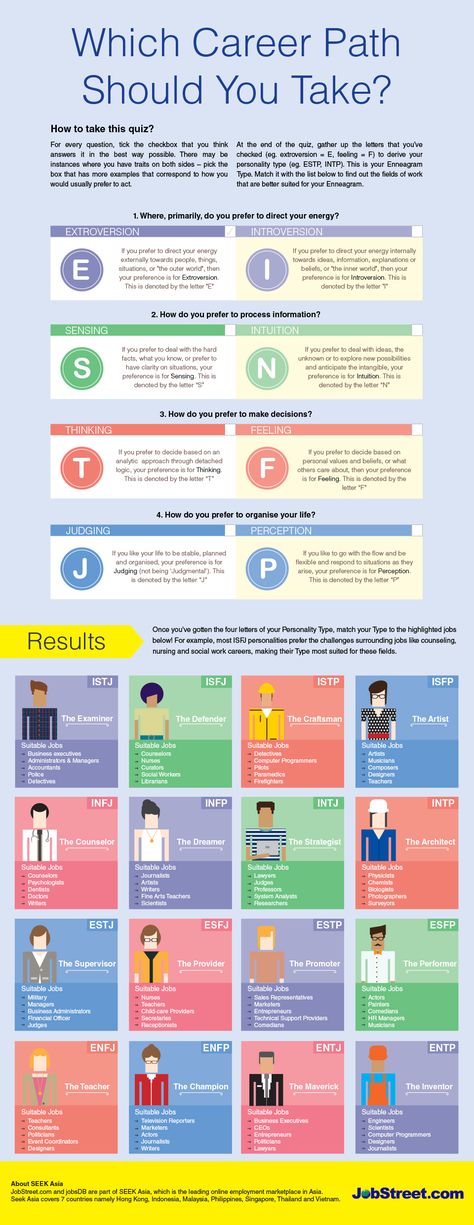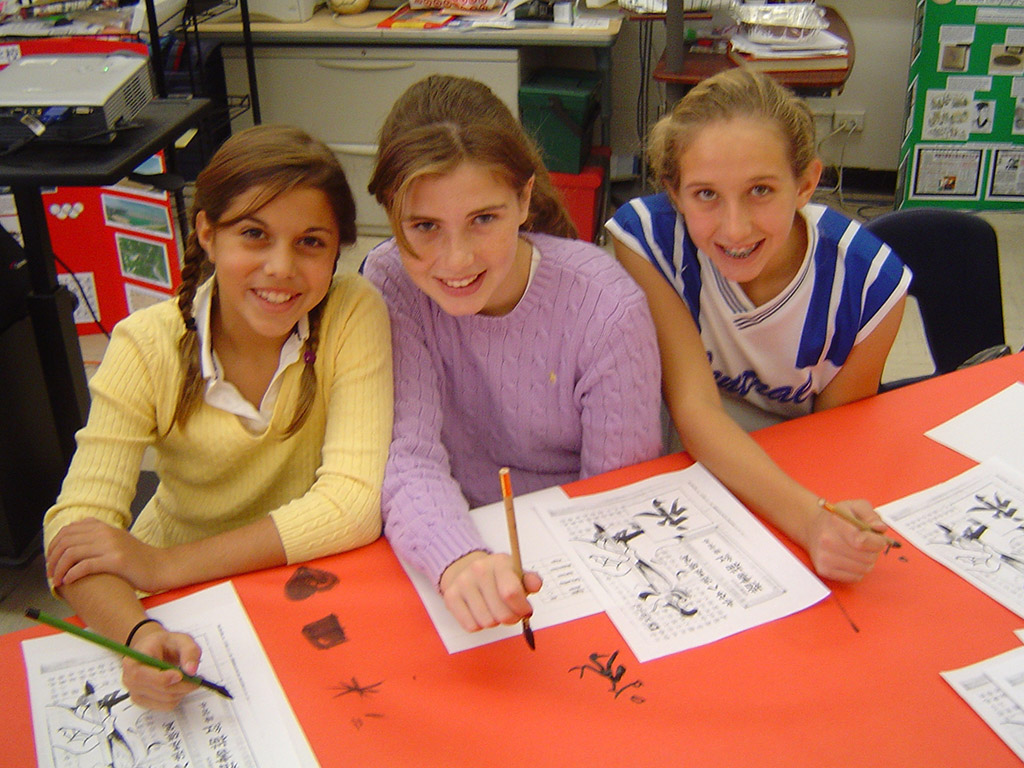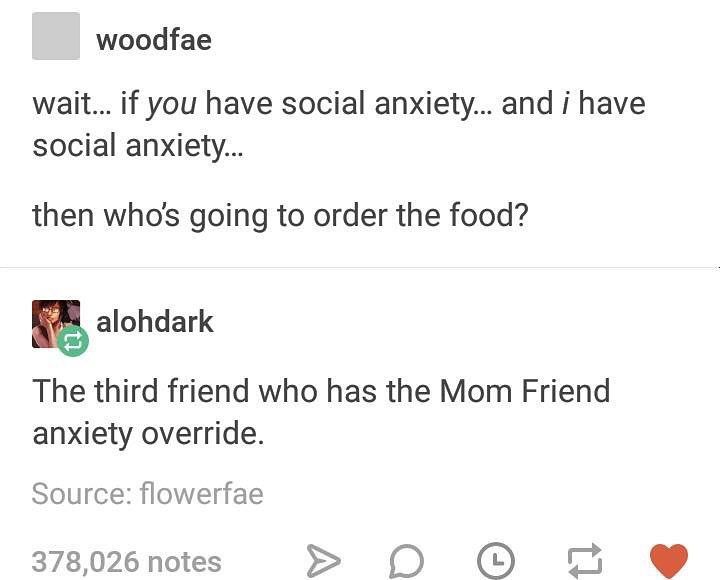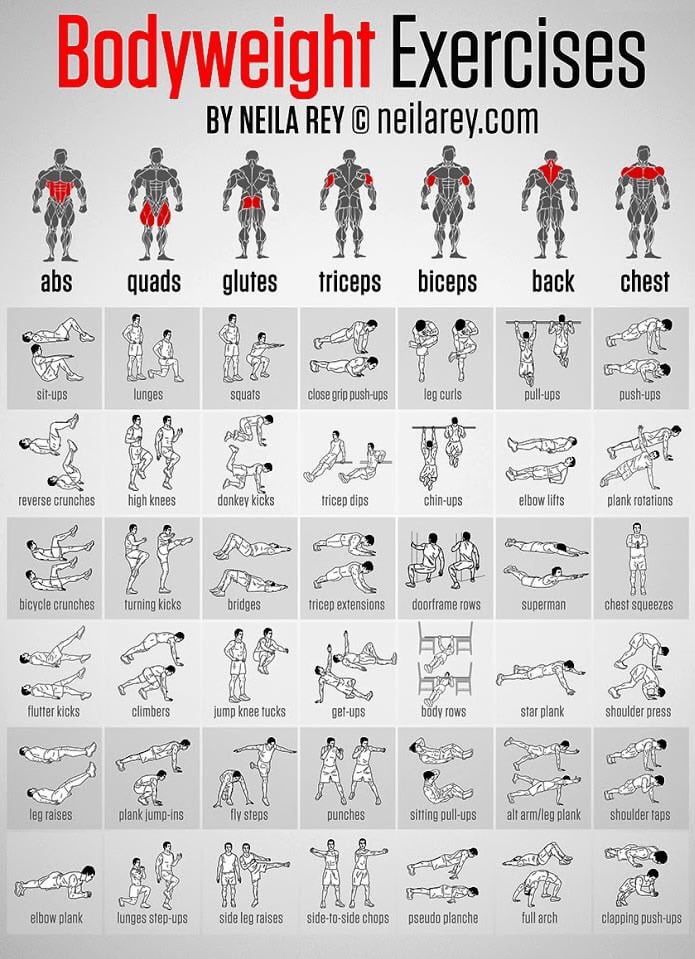Talk to your friend
Tips for Talking with Your Friend
It can be difficult to know how to start a conversation with a friend about what's going on for them. Read on for a few tips to get started.
Some first steps
Speak up! Start by telling your friend what you have noticed and why it concerns you. Choose a comfortable, familiar but private place where the two of you can talk and not be interrupted.
Let your friend know that you care about them and you are worried about them.
Give specific reasons for your concern rather than asking, “How’s it going?” or “Is there anything wrong?” These kinds of questions are easy to brush off. Think about the changes you’ve noticed in them. “I’ve noticed you seem _____ (really down lately, unhappy, on edge) and I’m worried for you.”
Possible responses:
Your friend may respond by saying there’s nothing wrong.
That’s okay – it may take more than one try before they are comfortable talking. But hey will now know that you’ve noticed a difference and that you’re concerned. Try again in a few days.
Your friend tells you they don’t know what’s going on for them.
Suggest they look at some of the self-checks in the Mental Health & Substance Use section as a first step. Offer to sit with them if they want support, but don’t answer for them as the results will not be very accurate. Or if they prefer to do it on their own, send them the link to this section.
Your friend isn’t comfortable talking with someone they know.
Let them know that on foundrybc.ca they can find out about phone and online chat resources and they won’t have to say who they are.
Your friend wants to talk with you.
- Let your friend share as much or as little as they want to.
- Make it clear that you don’t blame them for their problems. Be non-judgmental.
- Try not to assume you know what’s wrong.
 Don’t try to diagnose or second guess their thoughts or feelings. Just be there, listen and offer support.
Don’t try to diagnose or second guess their thoughts or feelings. Just be there, listen and offer support. - Ask questions to help you both have a better understanding about what they are going through. Assure your friend they don’t have to answer any questions that make them feel uncomfortable.
Keep in mind….it can be really hard to talk about personal stuff. Your friend may not understand the feelings and thoughts they’re experiencing. They may feel like it’s their fault or embarrassed that this is happening to them. They might be frustrated that they can’t just get over it or scared of being seen as different from everyone else.
- Keep your questions open-ended. Say “Can you tell me how you are feeling?” rather than “Are you feeling sad?” Give your friend time to answer.
- Sometimes, just being able to vent about one’s troubles is enough to feel better.
- Ask “How can I help or support you?” rather than jumping in with your own solutions.
- You may hear something that needs more support than you can give.
 Ask your friend if they have thought about going for help. Suggest going to the Get Support section on foundrybc.ca or that they talk with a trusted adult.
Ask your friend if they have thought about going for help. Suggest going to the Get Support section on foundrybc.ca or that they talk with a trusted adult. - Don’t promise to keep secrets, especially if your friend is talking about hurting themself.
- Be prepared to hear information that may be upsetting. This can be hard to take, so remember to take care of yourself. Talk to an adult you trust or you can always use the phone and online chat options to connect with a trained professional or volunteer.
If you are very worried about a friend, you should let an adult know. This could be one of your parents, a school counsellor or another trusted adult. They can help you to figure out what resources are available and what the next steps might be.
What Next?
Want to explore and learn more?
Substance use and friendsKeeping Connected with Your Friend
How to talk to a struggling friend
If you’ve recently noticed some signs that your friend might be struggling emotionally, you may be wondering why they haven’t brought up their struggles with you directly. After all, you want to be there for your friend and help them through whatever they might be dealing with.
After all, you want to be there for your friend and help them through whatever they might be dealing with.
Remember that there are a lot of different reasons why a friend might not be up front with you about what they’re going through. They may not know how to talk about how they’re feeling or what they’ve experienced. They may not want to be a burden or worry others. They may come from a culture or a family where difficult feelings are not openly discussed. They may want to reach out for help but feel embarrassed or ashamed that they can’t cope on their own.
As a friend, one way you can offer support is by starting the conversation about your concerns instead of waiting for them to confide in you.
How to Approach to a Friend You’re Worried About
It’s important to trust your instincts about how and when to bring up your concerns. That can be hard, especially if you’ve never done it before or if you also come from a family or culture where talking openly is uncommon. Here are some things you can do to make the conversation more comfortable for you and your friend.
Here are some things you can do to make the conversation more comfortable for you and your friend.
Try To
- Ask them to get together or check in with you. You could start with something like, “You don’t seem like yourself lately. Maybe it’s just everything going on right now, but I wanted to check in and see if we could sit down and catch up.” Or, “Hey, I miss you. I feel like we haven’t had a chance to hang out or talk like we normally do. When can we catch up?”
- Meet up in person, or schedule a phone call or video chat. These methods of communication are preferable to just texting or messaging because you can get a better sense of nonverbal cues, like how they look and how they react to what you say. It’s easy to say, “I’m fine” via text.
- Choose a location that is conducive to having a talk in relative privacy. You could offer to grab coffee, hang out at one your homes, or go for a walk.
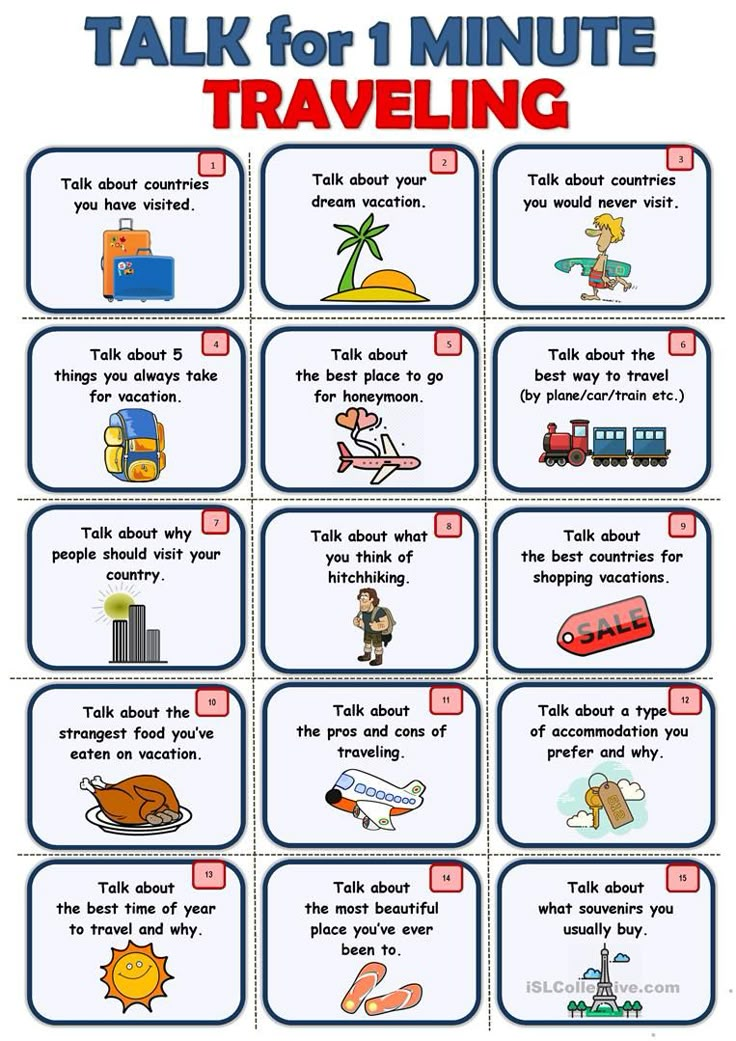 A loud, crowded space is not the right venue.
A loud, crowded space is not the right venue. - Start the conversation from a place of concern and support. For example, you could say something like, “You seem a little down lately and I just wanted you to know that I’m here for you.” Be sure to be able to give them your full attention from the outset. Put away your phone, make eye contact or, if that is too direct, position yourself in a way that shows you are fully there and ready to listen.
- Be specific about what you’ve seen or heard that’s causing you concern. For example, you can say things like, “It concerned me when you said…” or “I am worried about you because I have noticed that you seem – low energy, sad, angry, depressed – the last few times we’ve talked.” Being clear about what you’re noticing and making it clear that you are sharing your perception, which may or may not be in alignment with their reality, is helpful for your friend and makes it easier to follow up on their behavior over time.

- Let them know they are not alone. Sometimes when we’re struggling, we isolate ourselves or feel like no one understands what we’re going through. It’s important for your friend to know they have a support system to lean on. This can be as simple a periodic but regular text or DM check-ins. What is most important is that your actions follow your words – do not say you care and want to be there for them and then disappear for long periods of time.
- Really listen to them. Listen to details of their story, but also listen for the specific emotions they are sharing. The various events, exchanges and people that are involved in stressful situations matter, but what’s most significant is their emotional reaction to the details. It might be impossible to change the situation, but it can be possible to bear witness, validate, or even soothe their emotions. So listening to how they feel is as important as listening to the specific events that drive their feelings.
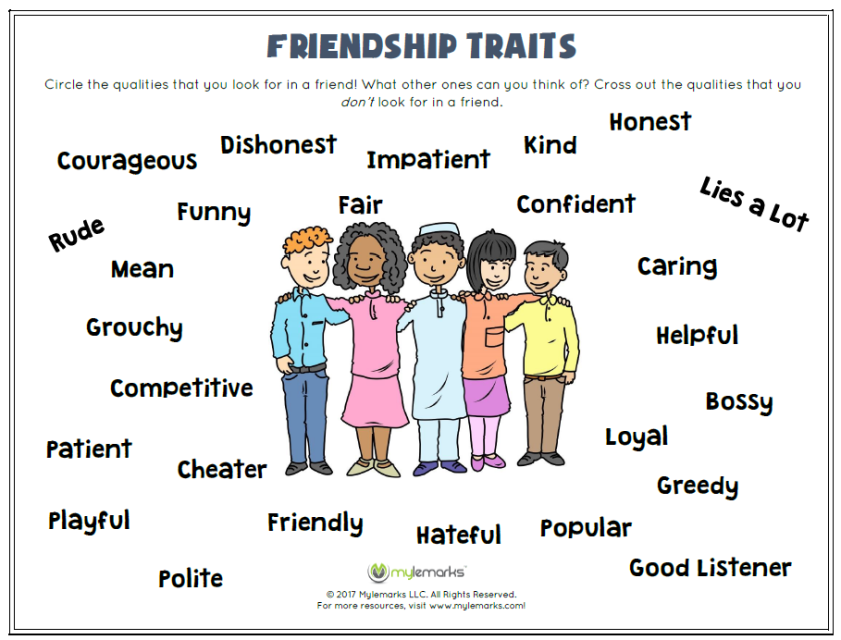
Be patient. They may not be ready to tell you everything, or they may not know how to articulate what they’re going through. Be comfortable with silence if they need to take their time. But you can circle back around to your concerns if you continue to notice things that worry you.
Try To Avoid
- Language that feels judgemental or accusatory. For example, avoid saying things like, “I really feel like you are not holding up your end of things at work” or “You’re not contributing enough to our group project.” Even if those things are true, remember, it’s best to approach from a place of support and concern. This does not mean that you have to protect your friend from something you need them to know, especially if it is adversely having an impact on you or others. In many instances, you can share your perceptions by framing them differently. For example, you can say, “I notice that your mind seems to wander when we are meeting and when it does, you look a little sad or worried,” or “I remember you saying that you were looking forward to our group project, but I notice that you have had a hard time making our meetings or sharing when we do get together.
 ”
” - Bringing other people’s opinions into the conversation. For example, avoid saying things like, “Several of our friends have said you have been blowing them off or treating them badly,” or “Everyone at work has noticed there’s something going on with you.” Remember, it’s better to stick to specifics about what you’ve seen and heard that concerns you.
- Bringing other people with you when you meet up. You don’t want your friend to feel like you’re ganging up on them.
- Being combative or defensive. Avoid interrupting them while they’re speaking, minimizing their concerns, or defending someone who’s hurt them.
- Diagnosing the problem or trying to fix it for them. It’s not on you to know all the answers or give them advice on how to handle their situation. If they are struggling with an issue like depression, addiction, or grief, they may need a different kind of support than you can offer as a friend.
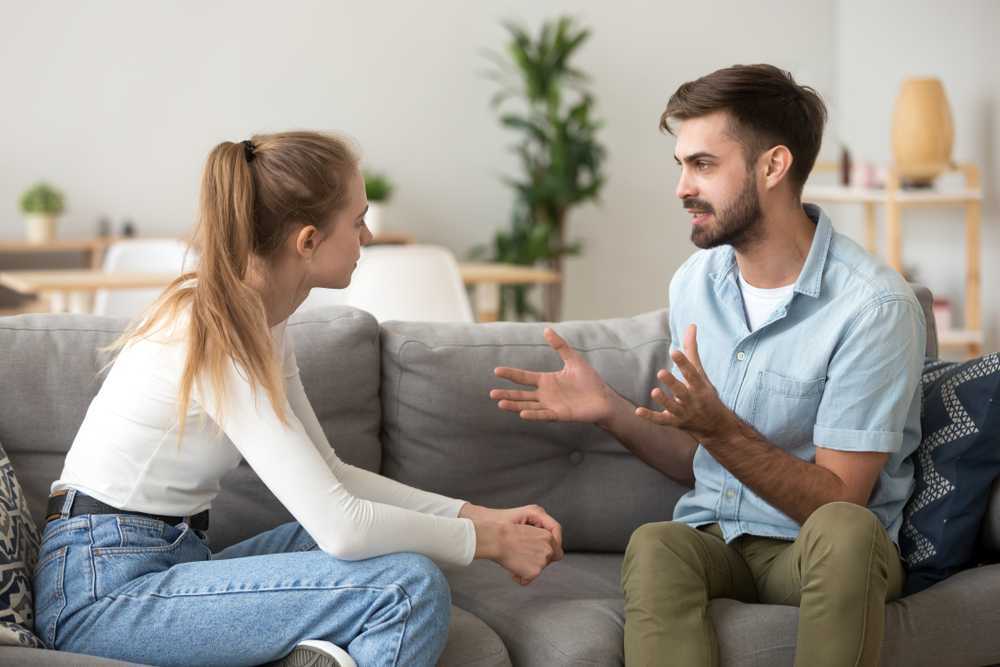
These tips are a starting point, but remember to take into account your friend’s unique personality, your relationship, and the situation and do what feels right for you. If you decide you aren’t comfortable starting the conversation, you aren’t out of options. You can reach out for support for yourself from resources like the Crisis Text Line, or reach out to another friend, coworker, or family member you trust.
You’ve Started the Conversation. What’s the Next Step?
Starting the conversation with a friend who’s struggling is the first step. If your friend is receptive, you may suggest that they seek therapy or get connected to support groups or other resources. If your friend is open to the idea, you can support them as they reach out for help. If your friend doesn’t know where to start looking for help, they can start by texting START to 741741 or calling 1-800-273-TALK (8255) for a free, confidential chat with a trained counselor anytime.
If your friend shuts down the conversation, brushes off your concerns, or tells you everything is fine but you still think something is wrong, it’s important to trust your instincts.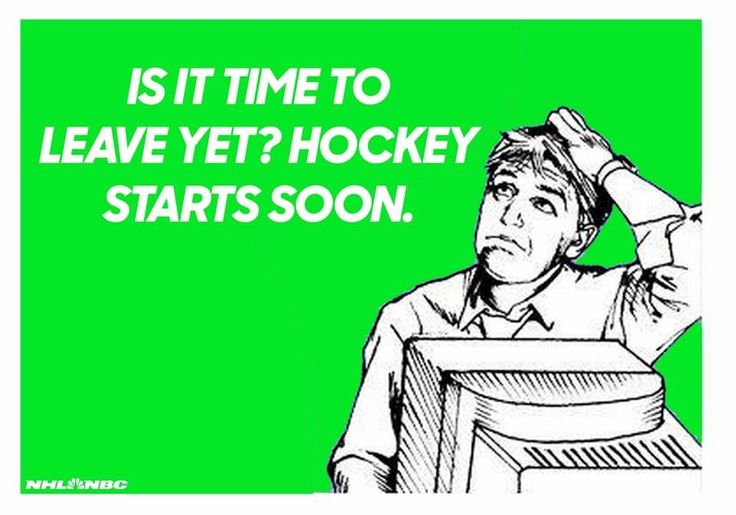 If you’re stuck on what to do next, check out these tips for how to approach a friend who isn’t receptive to help and how to take care of yourself while taking care of others.
If you’re stuck on what to do next, check out these tips for how to approach a friend who isn’t receptive to help and how to take care of yourself while taking care of others.
You're Not Alone
Back to landing page
Search Resource Center
Type your search term below
Verbitskaya M. V. Forward. English for grade 4. Unit 14
Verbitskaya M. V. Forward. English for grade 4. Unit 14 The message in the temple + Workbook
The message in the temple
Ex. 1. Listen and look. - Listen and see.
What's the matter, Beano? "What's the matter, Bino?"
Where are Sam and Kate? Where are Sam and Kate?
Will you show me? - Will you show me?
Do you think they'll find us, Sam? "Do you think they'll find us, Sam?" nine0013 Of course they will.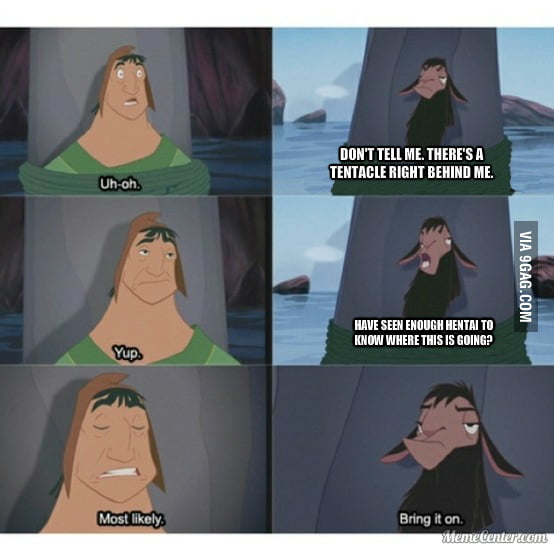 Of course they will.
Of course they will.
Look, that light is coming from somewhere. “Look, this light is coming from somewhere.
I've got an idea. - I have an idea.
smoke signals. - Look! Smoke signals.
Here you are! I saw your signals. — There you are! I saw your signals.
I've got my camera. We can take some photos. — I have a camera. We can take some photos.
Look, professor. There are lots of pictures. “Look, professor. There are many photos. nine0013 In this one she's picking the orchid. This one is where she picks an orchid.
She's giving the orchid to the young prince. He's ill. She gives an orchid to a young prince. He is sick.
Yes, and can you see that rock? — Yes, and you see this rock?
It looks like an eagle. - She looks like an eagle.
He'll get better now. - He'll be better now.
What shall we do now? - What do we do now?
Let's look for Eagle Rock and then we'll find the Angel of the Forest. “Let's look for Eagle Rock and then we'll find the Angel of the Forest. nine0013 Where's Joe? - Where is Joe?
nine0013 Where's Joe? - Where is Joe?
Ex. 2. Read the text in groups - Read the text in groups
What is it? - What is it?
Is it a smoke signal? Is that a smoke signal?
Can Beano help the children? — Can Bino help children?
Who saw the smoke signal? Who saw the smoke signal?
Ex. 3. Ask and answer questions about the story. Ask and answer questions about this story.
Who has an idea? Sam. - Who has an idea? At Sam.
What does Professor Wallace see? smoke signal. What does Professor Wallace see? Smoke signal. nine0013 Where were Kate and Sam? In the temple. Where were Kate and Sam? In the temple.
Why did they take pictures? They had a camera. Why were they taking pictures? They had a camera.
How many pictures did they take? Lots of pictures. How many photos did they take? Lots of photos.
Are they free? Yes, they are. — Are they free? Yes.
Is she picking the orchid? Yes, she is. Does she collect orchids? Yes.
Can they find Eagle Rock? Yes, they can. Can they find Eagle Rock? Yes
Can they find Eagle Rock? Yes
Ex. 4. Talk to your friend about the future. - Talk to your friend about the future.
What will you do on Saturday? I'll ride my bike in the park. - What are you going to do on Saturday? I will ride my bike in the park.
Where will you go tomorrow? I'll go to a supermarket. — Where are you going tomorrow? I will go to the supermarket.
What will you watch on TV tomorrow? I'll watch music program. What will you watch on TV tomorrow? I will watch a music program. nine0013 What will you play on weekends? I'll play football with my friends. What are you going to play at the weekend? I will play football with my friends.
What will you read on Monday? I will read my favorite book. What will you read on Monday? I will read my favorite book.
What will you have for lunch tomorrow? I'll have fish and chips. — What will you have for lunch tomorrow? I'll have fish and fries.
Ex. 5. Look at the story on pages 40 and 41 again. What do you think will happen next? Talk to your friend. – Look at the story on pages 40 and 41 again. What do you think will happen next? Talk to your friend. nine0005
What do you think will happen next? Talk to your friend. – Look at the story on pages 40 and 41 again. What do you think will happen next? Talk to your friend. nine0005
What will happen in the story? What will happen in this story?
I think Zack will find the Angel of the Forest. “I think Zack will find the Angel of the Forest.
I don't. I think Joe will find it? - Me not. I think Joe will find it.
Ex. 6. Read the letter from Jill to Dasha. Can you answer her questions? Read the letter from Jill to Dasha. Can you answer her questions? Explain the tense of the verbs in the letter.
Dear Dasha,
I feel so happy! Yesterday Professor Wallace found Kate and Sam! They saw a picture of the Angel of the Forest on the wall of the temple. Will they find the flower now?
The Red Hand Gang is still in Indonesia. How shall we help our friends? What will happen next?
Write soon.
Bye,
Jill
Dear Dasha,
I am so happy! Professor Wallace found Kate and Sam yesterday! They saw a picture of the Angel of the Forest on the wall of the temple. Will they find the flower now?
Will they find the flower now?
The Red Hand Gang is still in Indonesia. How can we help our friends? What will happen next? nine0013 Write soon.
Goodbye,
Jill
Ex. 7. What's the matter? What happened? Listen and say. Listen and say.
toothache
earache
a stomachache
a headache
a cold
a cough
Ex. 8. Everybody is ill. Look at the pictures. Talk to your friend. - Everyone got sick. Look at the photos. Talk to your friend.
What's the matter with Kate? She's got a headache. What happened to Kate? She has a headache. nine0013 What's the matter with Sam? He's got an earache. - What happened to Sam? His ear hurts.
What's the matter with a monkey? It's got a stomachache. - What happened to the monkey? She has a stomach ache.
What's the matter with Beano? It's got a toothache. What happened to Beano? He has a toothache.
What's the matter with Professor Wallace? She's got a cold. What happened to Professor Wallace? She has a cold.
What's the matter with Joe? He's got a cough. What happened to Joe? He has a cough. nine0005
Ex. 9. Odd one out! What is the difference between the "extra" word in each group?
A headache - headache, cough - cough, stomachache - abdominal pain, earache - earache, toothache - toothache
Windy - windy, snowy - snowy, cloudy - cloudy, rainy - rainy, sunny - sunny , cold - cold
C longest - the longest, tallest - the tallest, bigger - more, largest - the largest, thinnest - the thinnest, shortest - the shortest
Ex. 10. Role play A visit to the doctor. Act out the scene. Visit to the doctor. nine0005
A: Good morning, doctor. — Good morning, doctor.
B: Good morning. What's the matter? - Good morning. What happened?
A: I've got a headache. - I have a headache.
Q: Have you got a cough? - Do you have a cough?
A: Yes, I've got ... ./ No, I haven't got - Yes, I have ... No, I don't have
B: I'll give you some medicine. You'll get better now. - I'll give you medicine. You will feel better now.
- I'll give you medicine. You will feel better now.
A: Thank you. goodbye. - Thanks. Goodbye.
Ex. 11. Who is doing things wrong? Who is misbehaving? Find them in the picture. Find them in the picture. nine0013 Listen and check. Listen and check.
Ex. 12. What will happen? Write five sentences. - What will happen? Write five sentences.
1. The ball will go on the road. - The ball will roll out onto the road.
2. The motorbike will hit the car. The motorcycle will hit the car.
3. The dog will cut its paw. The dog will cut its paw.
4. The girl will fall off her bike. The girl will fall off the bike.
5. The man will crash into the car. - A man crashes into a car.
Ex. 13. Read to yourself the texts about what our world will be like in the future. Find the corresponding illustration for each text and tell about it in Russian.
What will the world of the future be like? What will the world of the future look like?
People will build wind farms with lots of windmills. They will use the wind to make electricity. People will build wind farms with a lot of windmills. They will use the wind to generate electricity.
They will use the wind to make electricity. People will build wind farms with a lot of windmills. They will use the wind to generate electricity.
Scientists will find rare plants. Scientists will find rare plants. nine0013 These plants will help them to make new medicines. These plants will help them make new medicines.
People won't throw all their rubbish away. “People won’t throw away their rubbish.
They will find ways to use things again. They will find ways to use things again.
People will look after the oceans. “People will take care of the oceans.
Animals like dolphins will be safe and healthy. Animals such as dolphins will be safe and healthy.
Ex. 14. Look up new words in the dictionary. Did you manage to understand their meaning in the texts on your own? nine0013 windmill
ocean
rubbish
electricity
safe
throw away
Ex. 15 Draw a picture The world of the future. Show it to class. Discuss it with your friends. — Draw the world of the future. Show it to the class. Discuss it with your friends.
— Draw the world of the future. Show it to the class. Discuss it with your friends.
Ex. 16. What do you think will happen in the future? What do you think will happen in the future? Talk to your friend. Talk to your friend. nine0005
A: Where will you live in the future? - Where will you live in the future?
Q: I won't live in a big city. I'll live in a small village. — I will not live in a big city. I will live in a small village.
A: Will you travel to other countries next year? Will you travel to other countries next year?
Q: No, I won't. I'll go to Sochi. - No. I will go to Sochi.
Ex. 17. Read the text. Fill in the gaps. - Read the text. Fill in the blanks.
Sam and Kate were inside the temple. It was dark there. Sam lit a fire. nine0013 Beano returned to the camp and found Professor Wallace. The professor saw a smoke signal. She ran in the forest and rescued them from the old temple.
They found some old paintings on the wall of the temple. The first one was a picture of a beautiful girl. The girl in the picture had the orchid in her hand and she gave it to the young prince.
The first one was a picture of a beautiful girl. The girl in the picture had the orchid in her hand and she gave it to the young prince.
Then they found a picture of a rock. It looked like an eagle.
Now they are outside the temple and Beano is with Sam.
But Joseph Alexander isn't with them. They are on a long way to their camp now. They are going to find the orchid and they will go to Eagle Rock. Who will find the orchid? nine0005
Sam and Kate were inside the temple. It was dark there. Sam lit the fire.
Beano returned to camp and found Professor Wallace. The professor saw the smoke signal. She ran into the forest and rescued them from the old temple.
They found some old paintings on the temple wall. The first of these was a picture of a beautiful girl. The girl in the picture held an orchid in her hand and she gave it to the young prince.
Then they found a picture of a rock. She looked like an eagle.
They are now outside the temple and Beano with Sam. nine0013 But Joseph Alexander is not with them. They are on a long journey to their camp now. They are going to find an orchid and they will go to Eagle Rock. Who will find the orchid?
nine0013 But Joseph Alexander is not with them. They are on a long journey to their camp now. They are going to find an orchid and they will go to Eagle Rock. Who will find the orchid?
Ex. 19. Read the text in pairs. Read the text in pairs. Where is Nikita going in the summer and why?
Nikita: My uncle is going to come to London tomorrow. Then he will take a plane from London to Indonesia. What will the weather be like in Britain? My uncle is going to come to London tomorrow. Then he will fly by plane from London to Indonesia. What will the weather be like in the UK? nine0013 Ben: It will be cold and cloudy in the north of Britain and it will be warmer in the south, but it will be windy. Would you like to visit Indonesia? — It will be cold and cloudy in the north of England, and warmer in the south of the country, but it will be windy. Would you like to visit Indonesia?
Nikita: I'd like to visit it but I can't. Our summer holidays will start in June. I would like to visit her, but I can't.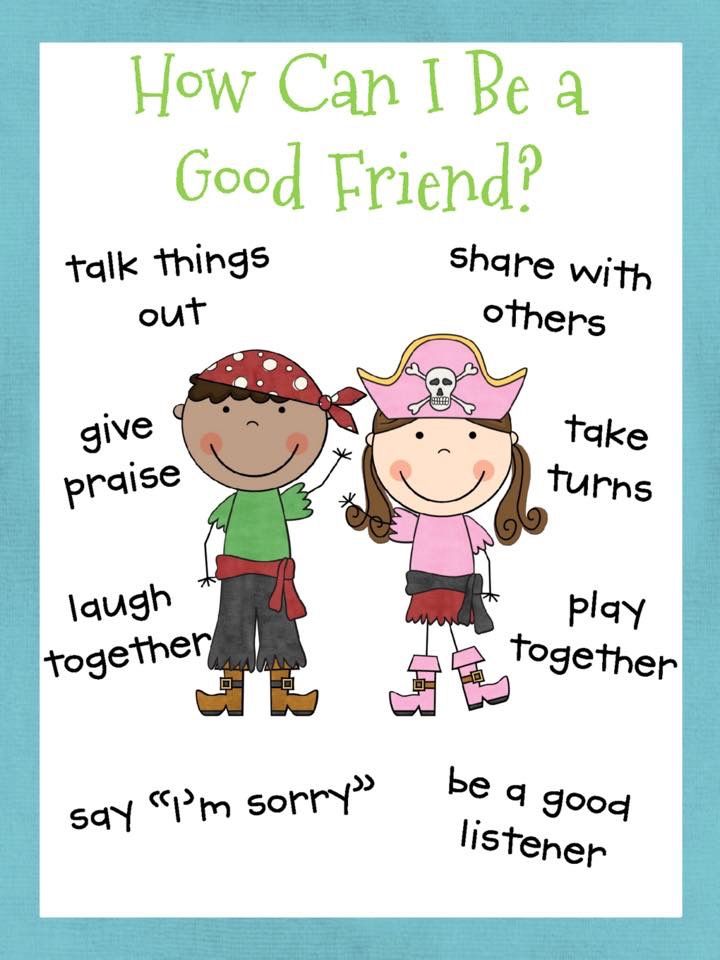 Our summer vacation starts in June.
Our summer vacation starts in June.
Ben: Where would you like to go? — Where would you like to go? nine0013 Nikita: I would like to go to my grandad's village. I hope it will be warm in June. I'm going to ride Buran. He is my grandad's horse. — I would like to go to the village to my grandfather. I hope it will be warm in June. I'm going to ride Buran. This is my grandfather's horse.
Ex. 20. Fantasize about where you and your friends would like to go depending on the weather.
A: Where would you like to go in January? Where would you like to go in January?
B: It will be cold and snowy. I'd like to go to the mountains because I like skiing. — It will be cold and snowy. I would like to go to the mountains because I love skiing. nine0005
Ex. 21. Write down the questions and write down your answers.
What was the weather like last week? - What was the weather like last week?
What's the weather like today? - What is the weather today?
What will the weather be like next month? What will the weather be like next month?
Ex.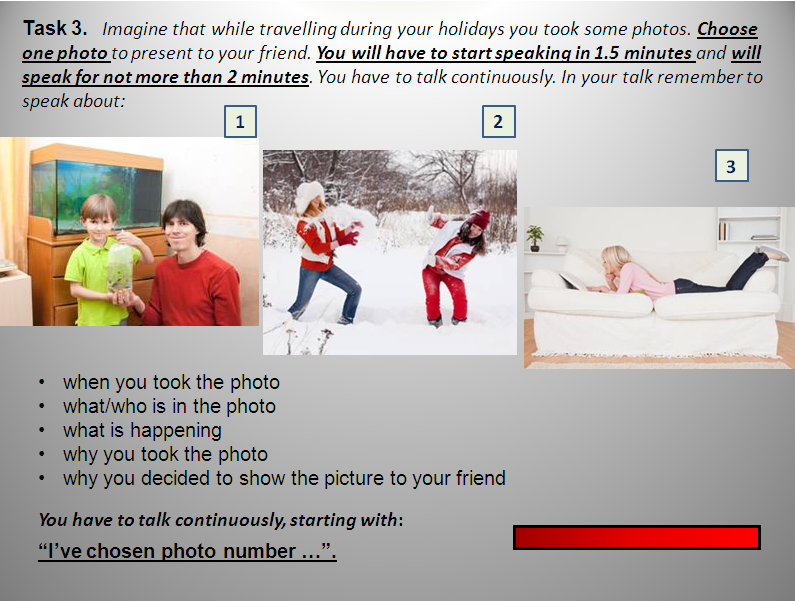 22.Talk to your friend about his/her day. – Talk to your friend his/her day.
22.Talk to your friend about his/her day. – Talk to your friend his/her day.
A: Where will you go after school? - Where are you going after school?
B: I'll go to the park. - I'm going to the park. nine0013 A: Will you ride your bike? - Are you going to ride a bike?
Q: No, I won't. I'll go to watch the birds. - No, I will not. I'll go birdwatching.
A: What will you watch on TV in the evening? What will you watch on TV tonight?
Workbook Unit 14
A. Read the questions and tick the correct answers. Read the questions and mark the correct answers.
1. Did Professor Wallace see smoke signals? Yes. Did the professor see the smoke signal? Yes. nine0013 2. Had she got her computer with her? no. Did she have a computer with her? No.
3. Had she got her camera with her? Yes. Did she have a camera with her? Yes.
4. Were there a lot of pictures in the cave? Yes. – Were there many pictures in the cave? Yes.
5. Was there a dancing prince in one of the pictures? no. Was there a dancing prince in one of the pictures? No.
Was there a dancing prince in one of the pictures? No.
6. Did they see the Angel of the Forest in one of the pictures? Yes. Did they see the Forest Angel in the forest in one of the pictures? Yes. nine0005
Now write briefly about the events of the story using Past Simple verbs.
Professor Wallace saw smoke signal. “Professor Wallace saw the smoke signal.
She went to the forest. - She went to the forest.
There she saw a temple. She saw a temple there.
There were Sam and Kate in the temple. Sam and Kate were in the temple.
They were sitting inside. They were sitting inside.
B. Read and write the words with the letter Сс in accordance with the sounds that this letter stands for and combinations with it. nine0005
[k] - camp - camp, cave - cave, cold - cold, country - country
[s] - center - center, city - city, place - place, dance - dance, once - once, December - December
[tj] - cheese - cheese, orchid - orchid
[j] - chef - turn
C. Listen to the weather forecast and draw the weather on the maps. Listen to the weather forecast and draw the weather on the maps.
Listen to the weather forecast and draw the weather on the maps. Listen to the weather forecast and draw the weather on the maps.
Sunny - sunny, rainy - rainy, cloudy - cloudy, snowy - snowy, windy - windy
Argentina - Argentina
Britain
Egypt
Spain
Now answer the questions. Now answer the questions.
1. Amy wants to go swimming. Where can she go? Why? Amy wants to swim. Where can she go? Why?
She can go to Egypt because it will be hot and sunny there. She can go to Egypt because it will be hot and sunny there.
2. Rob wants to fly his kite. Where can he go? Why? Rob wants to fly his kite. Where can he go? Why? nine0013 3. Lisa wants to use her new umbrella. Where can she go? Why? Lisa wants to use her new umbrella. Where can she go? Why?
4. Alex wants to ski. Where can he go? Why? Alex wants to ski. Where can he go? Why?
What do you want to do? Where can you go? Why? - What do you want to do? Where can you go? Why?
D. Read the words with the letter o and write them according to the sounds that this letter stands for.
Read the words with the letter o and write them according to the sounds that this letter stands for.
hope - hope, old - old, cold - cold
rock - rock, forest - forest
look - look, book - book
wolf - wolf, tooth - tooth
monkey - monkey
sound - sound
E. Answer the questions. Write your question about the story and answer your question. - Answer the questions. Write your question about history, and answer your question.
1. Will the friends find the Angel of the Forest? Will friends find the Angel of the Forest?
2. Will Professor Wallace make the medicine with it? "Professor Wallace will make medicine with him?" nine0013 3. Will the medicine help people all over the world? Will the medicine help people all over the world?
4. Will the friends get back home? – Friends to return home?
5. Will they catch Mr Big? Will they catch Mr. Big?
Odd one out! - One extra!
cough - cough, tiny - tiny, toothache - toothache, cold - cold, headache - headache
F. What did they use long ago? Look at the pictures and match the new things with the old. What have they been using for a long time? Look at the pictures and match the new with the old. nine0013 Now finish these sentences. Now complete these sentences.
What did they use long ago? Look at the pictures and match the new things with the old. What have they been using for a long time? Look at the pictures and match the new with the old. nine0013 Now finish these sentences. Now complete these sentences.
Long ago they used candles to see in the dark, now we use electricity. “For a long time they used candles to see in the dark, now we use electricity.
Long ago they used fingers to count now we do maths on computers. Long time ago they used fingers to count now we do math on computers.
Long ago they rode horses, now we use cars. For a long time they rode horses, now we use cars. nine0013 Long ago they lived in caves now we live in houses. - For a long time they lived in caves, now we live in houses.
Long ago they used wood to cook now we use gas. For a long time they used wood to cook, now we use gas.
Long ago cups were made of metal, now they are made of glass. Long ago cups were made of metal, now they are made of glass.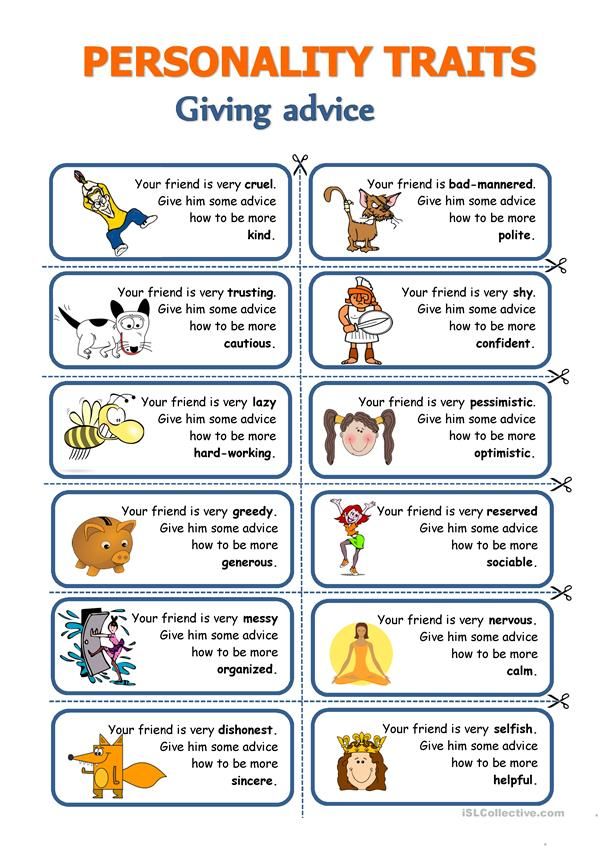
What will people use in the future? What will things be made of? Talk to your friend. What will people use in the future? What will everything be made of? Talk to your friend. nine0005
Verbitskaya M. V. Forward. English for grade 4. Unit 12
Verbitskaya M. V. Forward. English for grade 4. Unit 12 A shape in the mist + Workbook
A shape in the mist
Ex. 1. What did Joseph warn the boys about? Did they listen to him?
Listen and look. - Listen and see.
Sam and Kate are helping Professor Wallace to look for the Angel of the Forest. They like exploring the rainforest. They are a long way from their camp. Sam and Kate help Professor Wallace look for the Angel of the Forest. They like to explore the rainforest. They are far from their camp. nine0013 Sam, it's getting late and now it's going to rain! "Sam, it's getting late and it's going to rain!"
Here's a cave. Let's shelter here. - This is a cave. Let's hide here.
Let's hide here.
I don't like it in here. - I don't like it here.
There's a funny smell and look, there are lots of bats. — There is a very funny smell and sight, there are a lot of bats.
Come on, we aren't afraid of bats. Come on, we're not afraid of bats.
Anyway, the sun's shining. Let's go. “At least the sun is shining. Went. nine0013 Hey, Kate. Is this a footprint? - Hey, Kate. Is it a trace?
Maybe it's a dinosaur's footprint. It's very big. Maybe it's a dinosaur footprint. It is very big.
Don't be silly! - Don't be stupid!
Help! It's a dinosaur! Run! — Help! It's a dinosaur! Run!
No, it isn't. look. It's an old building. I think it's a pyramid. - No. Look. This is an old building. I think it's a pyramid.
Don't be silly! Pyramids are in Egypt, not Indonesia! - Don't be stupid! The pyramids are in Egypt, not in Indonesia! nine0005
Ex. 2. Read the text in pairs - Read the text in pairs.
Ex. 3. Footprints. Talk to your friend. Whose footprints are they? Which is bigger? - Footprints. Talk to your friend. Whose footprints are these? That more?
Whose footprints are they? Which is bigger? - Footprints. Talk to your friend. Whose footprints are these? That more?
dog
cat
fox
frog
bird
elephant
horse
Whose footprint is this? I think it is a dog's footprint. Whose footprint is this? I think it's the footprint of a dog.
Is it bigger than a cat's footprint? Yes, it is bigger. Is it bigger than a cat's footprint? Yes, he is bigger. nine0005
Ex. 4. Draw a footprint. Whose is it? Ask your friend to guess. - Draw a trace. Whose is he? Ask your friend to guess.
Ex. 5. Odd one out! One extra. Which adjectives need to be rearranged so that there is no extra word left in each group?
A salty - salty, sweet - sweet, sour - sour, hot - burning
B soft - soft, wet - moist, cold - cold, slimy - slimy — big, small — small
Ex. 6. Read the words. Read the words. What is the consonant sound in all these words? What letters does it represent?
Egypt - Egypt, gymnast - gymnast, jumper - jumper, badger - badger, Joe - Joe, Joseph - Joseph, village - village, villager - villager, danger - danger
Ex.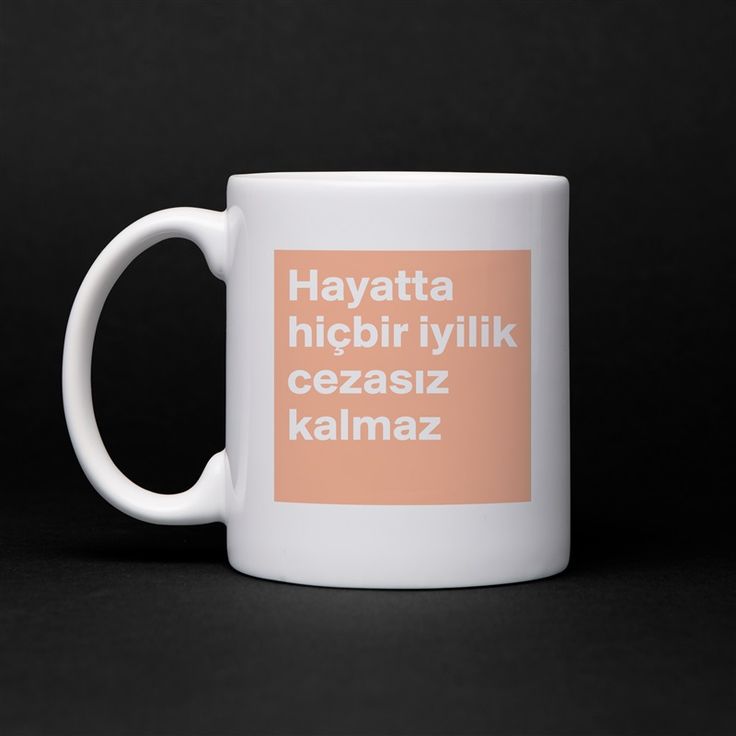 7. Tell in the past tense about the adventures of Kate and Sam.
7. Tell in the past tense about the adventures of Kate and Sam.
Sam and Kate want to help Professor Wallace. They like exploring the rainforest. They are a long way from their camp. They are afraid of the rain and they see a cave. There are lots of bats in the cave. The children aren't afraid of bats. They see a big footprint, too. Then they find an old building. nine0013 Sam and Kate want to help Professor Wallace. They love to explore the rainforest. They are far from their camp. They are afraid of the rain and they see a cave. There are many bats in the cave. Children are not afraid of bats. They see a big trail, too. Then they find an old building.
Sam and Kate wanted to help Professor Wallace. They liked exploring the rain forest. They were a long way from their camp. They were afraid of the rain and they saw a cave. There were lots of bats in the cave. The children weren't afraid of bats. They saw a big footprint, too. Then they found an old building. nine0005
Sam and Kate wanted to help Professor Wallace. They loved to explore the rainforest. They were far from their camp. They were afraid of the rain and they saw a cave. There were many bats in the cave. The children were not afraid of bats. They saw a big trail, too. Then they found an old building.
They loved to explore the rainforest. They were far from their camp. They were afraid of the rain and they saw a cave. There were many bats in the cave. The children were not afraid of bats. They saw a big trail, too. Then they found an old building.
Ex. 8. Read the questions and answers. Write down the questions and choose an answer for each of them.
1. Are you afraid of the dark? With No, but my brother is. - Are you afraid of the dark? No, but my brother is afraid. nine0013 2. What are you afraid of? A I'm afraid of spiders. - What are you afraid of? I'm afraid of spiders.
3. What were you afraid of when you were little? In I was afraid of dogs. What were you afraid of when you were little? I was afraid of dogs.
Ex. 10. Make a complex one out of two simple sentences. What union do you need: and, but, because?
It's getting dark, but I'm not afraid of the dark. It's getting dark, but I'm not afraid of the dark.
It's going to snow, but I'm not afraid of the cold. It will snow, but I am not afraid of the cold. nine0013 It's getting windy, but I'm not afraid of the wind. It's getting windy, but I'm not afraid of the wind.
It will snow, but I am not afraid of the cold. nine0013 It's getting windy, but I'm not afraid of the wind. It's getting windy, but I'm not afraid of the wind.
Ex. 11. Listen and match the names with the pictures. Listen and match the names with the pictures.
What do they like doing? - What do they like to do?
Tell your friend about the pictures. Tell your friend about the images.
1. What does he like doing? He like swimming. - What does he like to do? He loves swimming.
2. What does she like doing? She likes to play baseball. What does she like to do? She loves to play baseball. nine0013 3. What does Ingrid like? She likes skiing. What does Ingrid like to do? She loves skiing.
4. What does he like doing? He likes painting. - What does he like to do? He likes to draw.
5. What does he like doing? He likes playing football. - What does he like to do? He loves to play football.
Ex. 12. Ask your friends questions about the things they like doing.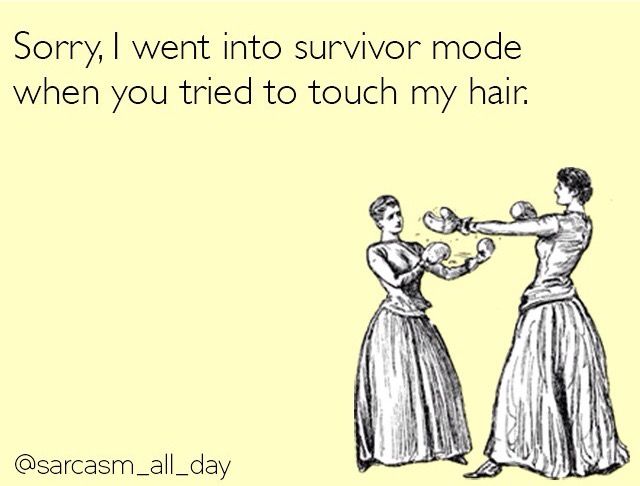 Ask your friends questions about the things they like to do.
Ask your friends questions about the things they like to do.
Do you like painting pictures? – Do you like to draw pictures? nine0013 No, not really, but I like taking photos. — No, not really, but I like to take pictures.
Ex. 13. What does Sveta like doing? Read and tell your friend about her hobby. What does Sveta like to do? Read and tell your friend about your hobby.
Sveta is Lera's cousin. She likes collecting stamps. She started to collect them when she was seven years old. Sveta collects Russian stamps and stamps from other countries. She's got 100 stamps.
Lera's got many pen friends and she likes posting letters. She's got many envelopes with stamps from different cities and towns. Lera gave her cousin this stamp last year. nine0005
Sveta is Lera's cousin. She loves to collect stamps. She started collecting them when she was seven years old. Sveta collects Russian stamps and stamps from other countries. She has 100 stamps.
Lera has many pen pals and loves to send letters.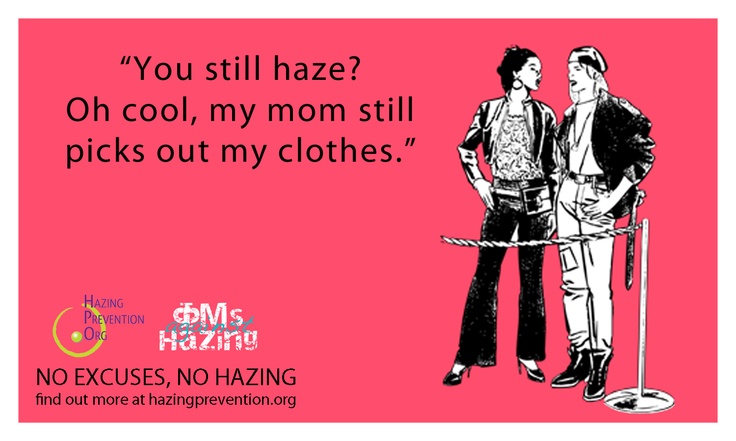 She has many envelopes with stamps from different cities and towns. Lera gave her cousin this stamp last year.
She has many envelopes with stamps from different cities and towns. Lera gave her cousin this stamp last year.
Ex. 14. Talk to your friends. What do you do when …? Talk to your friends. What do you do when you...? nine0005
What do you do when you get cold? I put on a jumper. - What do you do when you're cold? I put on a jumper.
What do you do when you get hungry? I eat a sandwich. - What do you do when you're hungry? I am eating a sandwich.
What do you do when you get hot? I go swimming. - What do you do when you're hot? I'm going swimming.
What do you do when you get tired? I go to bed. - What do you do when you're tired? I am going to sleep.
What do you do when you get wet? I drink hot tea. - What do you do when you get wet? I drink hot tea. nine0013 What do you do when you get thirsty? I have a milkshake. What do you do when you're thirsty? I'm drinking a milkshake.
A joke
What animal likes getting wet? A reindeer. What animal likes to get wet? Deer.
Ex. 15. Compare the shapes in each frame. Which one is the largest and which one is the smallest?
Talk to your friend about the shapes in the pictures. Talk to your friend about the shapes in the pictures.
Is the orange triangle smaller than the purple one? Yes, it is. Is the orange triangle smaller than the purple one? Yes. nine0013 Is the blue triangle bigger than the orange one? Yes, it is. Is the blue triangle bigger than the orange one? Yes.
Is the blue triangle the biggest one? Yes, it is. It's the biggest triangle. Is the blue triangle the biggest one? Yes. This is the largest triangle.
Which … is the smallest? “Which… is the smallest?”
Which … is the biggest? “Which… is the biggest one?”
Ex. 16. Read the text in pairs. - Read the text in pairs.
Vera: Do you like my pictures of Moscow? — Do you like my photos of Moscow? nine0013 Jill: They are very nice, thanks a lot. I'm going to use them for my poster about the world's greatest cities.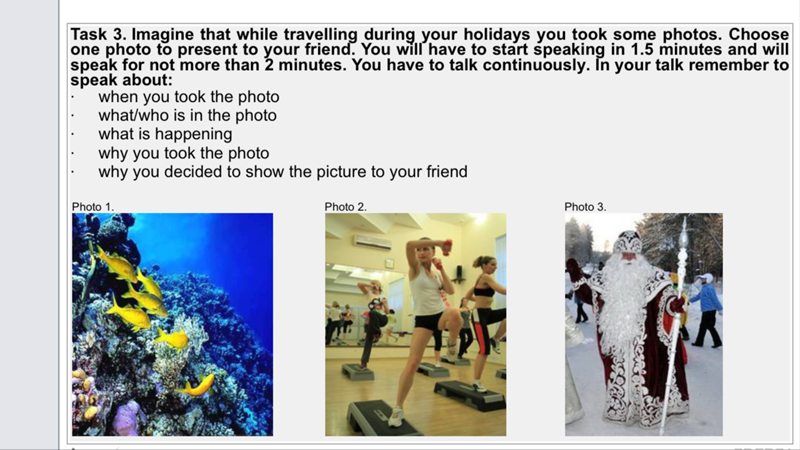 They are very good, thank you. I'm going to use them for my poster about the biggest cities in the world.
They are very good, thank you. I'm going to use them for my poster about the biggest cities in the world.
Vera: Oh, great! Have you got any questions about my city? May I help you? - Oh cool! Do you have any questions about my city? Can i help you?
Jill: I think so. Is Sobornaya Square the biggest square in Moscow? - I think yes. Is Cathedral Square the largest square in Moscow? nine0013 Vera: No, it's the oldest square. Red Square is the biggest one. And I think it's the finest place in our capital. — No, this is the oldest square. Red Square is the largest. And I think that this is the most beautiful place in our capital.
Jill: Is Profsoyuznaya Street longer than Leninsky Avenue? Is Profsoyuznaya Street longer than Leninsky Prospekt?
Vera: No, Leninsky Avenue is the longest and the widest street in Moscow. — No, Leninsky Prospekt is the longest and widest street in Moscow. nine0013 Jill: Which street is shorter, Lenivka or Venetzianov Street? — Which street is shorter, Lenivka or Venetsianova?
Vera: Venetzianov Street is the shortest street in our city.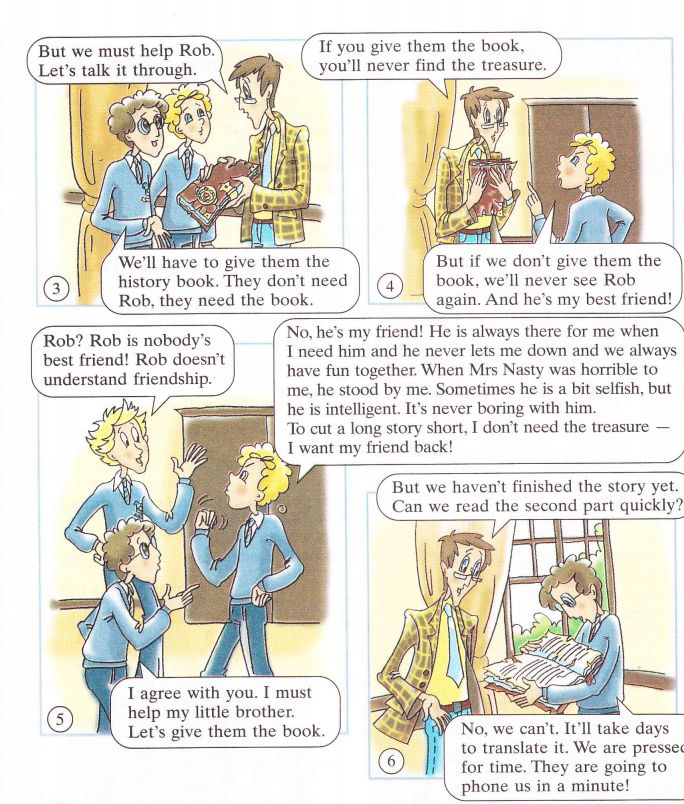 You know, it's named after a famous Russian painter. — Venetsmanova Street is the shortest street in our city. You know, it's named after a famous Russian artist.
You know, it's named after a famous Russian painter. — Venetsmanova Street is the shortest street in our city. You know, it's named after a famous Russian artist.
Ex. 17 Read the questions and find the correct answers. Read the questions and find the correct answers.
1. What is the oldest square in Moscow? – What is the oldest square in Moscow? nine0013 Sobornaya Square - Cathedral Square
2. What is the biggest square in Moscow? – What is the largest square in Moscow?
A Red Square
Ex. 18 What do you know about Moscow? Talk to your friend. — What do you know about Moscow? Talk to your friend.
Ex. 19 Tell us about the sights of your city (region) using superlative adjectives.
(the) oldest, (the) tallest - tallest, (the) finest - best, (the) longest - longest, (the) smallest - smallest
Workbook Unit 12
A. Can you remember? Answer the questions. - Can you remember? Answer the questions.
1. Whose assistant is Polly Zap? Mr Big's. — Whose assistant is Polly Zap? Mr Big.
Whose assistant is Polly Zap? Mr Big's. — Whose assistant is Polly Zap? Mr Big.
2. Whose computer is broken? Professor Wallace. Whose computer is broken? Professor Wallace.
3. Whose uncle is in London now? Kate's. Whose uncle is in London now? Kate.
4. Whose dog is Beano? Sam's - Whose dog is Bino? Sam
B. Read the silly sentences. Read stupid sentences. nine0005
William Shakespeare liked writing stories. William Shakespeare loved to write stories.
Pablo Picasso liked painting pictures. Pablo Picasso loved to paint pictures.
Polly Zap likes painting zebras. Polly Zap loves to color zebras.
Can you write some silly sentences for these names? Can you write any stupid sentences for these names?
1. Christopher Columbus liked traveling. Christopher Columbus loved to travel.
2. Marco Polo likes sailing. Marco Polo loves sailing. nine0013 3. Catherine the Great liked buying dresses. — Catherine the Great loved to buy dresses.
4. George Washington liked collecting things. George Washington liked to pack things.
George Washington liked collecting things. George Washington liked to pack things.
You can use some of these words - You can use some of these words
to collect - collect, to make - do, to grow - grow, to cook - cook, to mend - repair, to chase - chase, to sell - sell, to measure - measure, to ask - ask
Now make sentences like this about your friends' names. Now make suggestions about your friends. nine0005
C. Hobbies. Listen and circle the right words. - Hobbies. Listen and circle the correct words.
Rob likes flying kites. He's got twelve/twenty-two/twenty kites. They're under his bed/on his wall/in the bathroom. His favorite kite is Chinese/Indonesian/Egyptian.
Rob likes to fly kites. He has twelve / twenty two / twenty kites. They are under the bed / on the wall / in the bathroom. His favorite kite is Chinese/Indonesian/Egyptian. nine0005
Amy likes skiing/swimming/surfing. She started to swim when she was two/twelve/three. She likes swimming in the river/the sea/the bath. In the picture she's flying/diving/riding.
In the picture she's flying/diving/riding.
Amy loves skiing/swimming/surfing. She started swimming when she was two/twelve/three. She loves to swim in the river / sea / bath. In the picture she is flying/diving/equestrian.
Now color the picture of Rob and his kite. Now color the picture of Rob and his kite. nine0005
D. Write about your hobby. Answer the questions. - Write about your hobby. Answer the questions.
What is your hobby? - What is your hobby?
What do you like doing? - What do you like to do?
When do you do it? Where? — When do you do it? Where?
Do you like collecting things? - Do you like collecting things?
How many things have you got in your collection? — How many things are in your collection?
Which is your favorite thing? - What is your favorite thing? nine0005
Odd one out! - One extra!
pyramid - pyramid, building - building, Pacific - quiet (ocean), house - house, cave - cave
E. What are you afraid of? Ask your class - What are you afraid of? Ask your class
bats - bats, snakes - snakes, spiders - spiders, mice - mice, the dark - darkness, other - other
Now write like this. Now write like this.
Now write like this.
In my class … people are afraid of bats. — In my class … people are afraid of bats.
F. Read and write the words with the letter s according to the sounds that this letter stands for and combinations with it.
taste - taste, silk - silk, salt - salt, thirsty - thirsty, school - school, science - natural history
feels - feel, does - do, music - music, excuse - apology, Tuesday - Tuesday
Russia - Russia, short - short, sugar - sugar, shape - figure, Asia - Asia
G. Complete the sentences with and, but, because. Write a sentence about your friend with one of these words. Complete the sentences with the words and, but, because. Write a sentence about your friend with one of these words. nine0005
Dasha is afraid of spiders and mice. Maxim is not afraid of mice but he doesn't like them. He is not afraid of spiders because they are very small.
Dasha is afraid of spiders and mice. Maxim is not afraid of mice, but he does not like them.

